What Is Neroli Essential Oil? Uses, Benefits, And Science-Based Facts
Soothe your nerves and mind with the correct dosage of this aromatic oil.
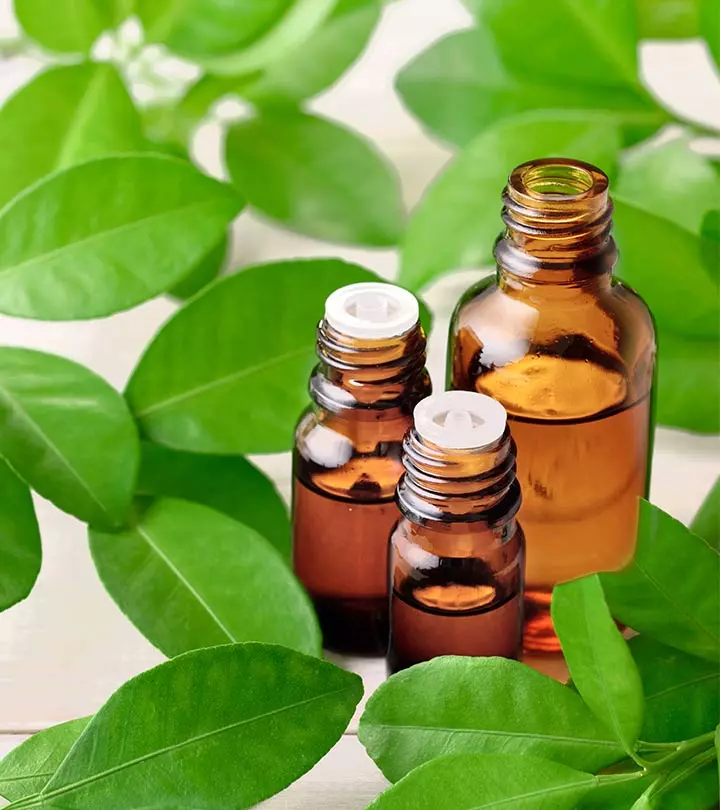
Image: Shutterstock
Neroli oil is an essential oil produced from the flowers of the bitter orange tree. It is replete with beneficial nutrients and offers many health benefits. In addition, it has anti-inflammatory, relaxant, and anxiolytic properties that relax your mood. This article will discuss the benefits of neroli oil, its side effects, and everything else that you need to know. Keep reading.
 Know Your Ingredient: Neroli Essential Oil
Know Your Ingredient: Neroli Essential OilWhat Is It?
An essential oil extracted from the flowers of the bitter orange tree.
What Are Its Benefits?
May help regulate blood pressure, enhance skin health, and reduce anxiety.
Who Can Use It?
All except people who are allergic to citrus fruits or spend a lot of time in the sun.
How Often?
Up to 1-2 drops, 3-4 times a day.
Caution
Perform a patch test before applying it to find out if you are allergic to it.
In This Article
What Is Neroli Essential Oil?
The neroli fruit is a variety of orange. It is also called marmalade orange, and it tastes bitter. It is perfect for making marmalade. Neroli oil is extracted from the flowers of the neroli tree.
This oil has a decadent, flowery, and citrusy fragrance. That is why it is used in perfumes, body lotions, and other mild cosmetics. In addition, it is used in hair care products for its antibacterial properties.
 Trivia
TriviaChemically, neroli oil has the following composition (1):
- Limonene (27.5%):
- Nerolidol (17.5%)
- Terpineol (14%)
- Terpinyl Acetate (11.7%)
- Farnesol (8%).
Neroli oil has antimicrobial, anti-inflammatory, antiseptic, and antidepressant properties (1). Ryan Hsu, the founder of CareMax (a health and wellness company), says, “The oil contains anti-inflammatory and antiseptic properties that can help with any skin blemishes that you might be experiencing.”
Neroli essential oil is packed with many health benefits. Want to know more about them? Read the next section.
Key Takeaways
- A variety of orange, neroli fruit is also known as marmalade orange.
- Neroli oil may soothe nerves, treat Alzheimer’s disease, and reduce PMS and menopausal symptoms.
- However, it can cause skin burn and nausea.
Health Benefits Of Neroli Oil
Though neroli oil is said to offer many benefits, it is important to note that not all of them are backed by credible research. The following are some of its purported benefits:
1. May Help Soothe Nerves
Among the most effective essential oils, neroli essential oil stands out for its ability to uplift the mood and ease feelings of anxiety and tension. According to a study conducted on mice, neroli oil may reduce anxiety and fear-induced shock symptoms
(2). Thus, it may have a relaxing effect and may act as a mood enhancer for humans as well.
Amy McKinley, a YouTuber, details her experience of using neroli oil for its benefits: “Every time I put it on, I felt calmer and better. It makes me feel better with a tingly and calming sensation (i).” She adds, “I find myself using neroli all the time for mood support and kind of like a perfume.”
On this note, there are many more essential oils for anxiety that you can explore to get better insight into the variety, as they offer a range of benefits, from inducing sleep to promoting mental calmness.
2. May Help In Treating Alzheimer’s Disease

Neroli oil has traditionally been used to help control the symptoms of seizuresi A disorder where the brain experiences a brief, uncontrollable spike of electrical activity that alters behavior and movements. , loss of consciousness, and abnormal behavior.” ], seizures, and insomnia. It has also been studied for its potential in treating Alzheimer’s disease. According to a study conducted on rats, it can help improve memory and behavior (3).
3. May Help In Chronic Pain Management
Neroli oil may reduce symptoms of pain as it positively affects the peripheral nervous system
. It also has anti-inflammatory properties that may reduce chronic inflammation when used on a regular basis (4).
4. May Reduce PMS And Menopausal Symptoms
PMS causes bloating, indigestion, pains, blood pressure changes, and weakness.
In addition, it is accompanied by feeling low and mood swings. According to a study conducted in Iran, neroli oil may improve all these symptoms – especially the psychological symptoms – of PMS (5).
a) According to a study in Korea, inhalation of neroli oil by post-menopausal women improved their quality of life and may help relieve menopausal symptoms (6).
5. May Help Reduce Blood Pressure
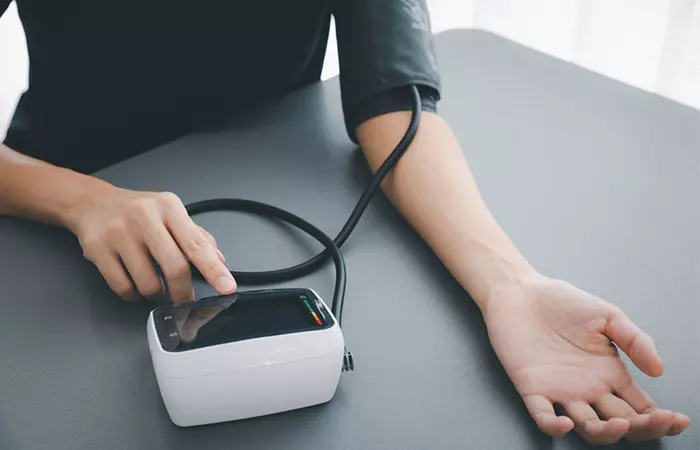
Neroli oil has vasodilative compounds that help reduce the overall pressure put on the heart for pumping blood. It works by modifying the calcium concentration inside the cells to reduce constriction (7).
Inhaling a mixture of lavender, ylang-ylang, marjoram, and neroli oils was also found to relieve prehypertensivei A stage where the blood pressure levels are slightly elevated than normal but not high enough to be classified as high blood pressure and hypertensive symptoms (8). Similar to neroli essential oil, there are various ylang ylang essential oil benefits, including its use in reducing anxiety, stress, and promoting a sense of calm.
6. May Aid In Smooth Labor
Labor can be difficult, and it usually causes a sense of panic and pain. However, research shows that aromatherapy using neroli oil induces a sense of calm and promotes relaxation during the first stage of labor (at dialations of 3-4 cm and 6-8 cm) (9).
7. May Help In Skin Regeneration

The antibacterial properties of neroli oil may help prevent skin blemishes and acne. In addition, its antifungal properties may help reduce fungal infections like dandruff. However, there is not enough scientific research to prove the same.
“A 2012 study suggested that neroli oil has antifungal and antibacterial properties. Since bumps or pimples form due to bacteria infecting your skin follicles, it may even help in reducing the possibility of acne or its appearance on the skin. So, I believe it is a good start to explore neroli oil’s potential for dermatology challenges.” says Dr. Hira Shaheen (licensed MD).
Anne Marie, a beauty vlogger, shares how she uses neroli oil for skin regeneration and anti-aging. She said, “I apply it at night time on my face, neck, and back of my hands, and then in the morning after I have put on my makeup (ii).” She also applies it in the area under the eyes to help with the fine lines and wrinkles. She also pats it over her makeup to smooth the lines and creases.
You may also use neroli oil with a carrier oil on wounds. Its antibacterial property may help heal the wound and prevent infections. However, there is not enough scientific research to prove the same.
Direct application of neroli oil is not suggested. Instead, use it with some carrier oil for the best results. Keep scrolling to learn how to use neroli oil the right way.
How To Use Neroli Essential Oil
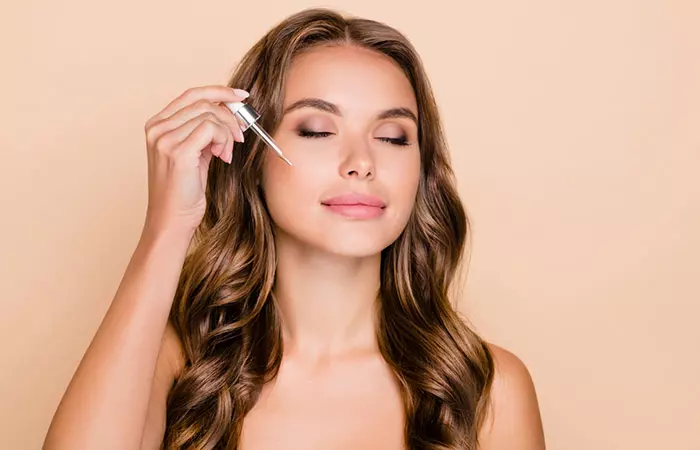
Neroli oil must be diluted in a carrier oil, such as jojoba, sweet almond, or avocado oil. Then, you can massage it onto your skin or add a small amount to steam baths.
Dr. Liana Casusi (MD) says, “For inhalation, dispense a drop or two into cloth, or use a diffuser. The dosage must be according to the manufacturer’s instructions that you will see on the label.”
 Quick Tip
Quick TipLet’s take a moment to discuss the important safety precautions that you should follow when using neroli essential oil. Scroll down to know more.
Safety Precautions For Neroli Oil
When using neroli essential oil, it is important to follow safety guidelines to ensure its effective and safe application. Here are the key precautions to keep in mind:
- Neroli essential oil should always be diluted with a carrier oil, like almond or coconut oil, before being applied topically. One to two drops of neroli oil per teaspoon of carrier oil is usually a safe dilution ratio.
- Conduct a patch test first when using neroli oil for the first time. Apply a tiny bit of the diluted oil to a small patch of skin. After a day, check for any adverse symptoms, such as swelling, itching, or redness.
- Neroli oil is intended for external use only unless supervised by a certified aromatherapist or healthcare provider. Essential oil ingestion can be dangerous.
- The safety of neroli essential oil during pregnancy and lactation is not entirely proven, therefore women should speak with a healthcare provider before using it.
- People with a history of allergies, especially to citrus oils, should be cautious. If you have any questions about possible sensitivity, consult a doctor.
- While neroli oil is not particularly phototoxic, it is often mixed with citrus oils, which can make people more sensitive to sunlight. Stay out of the sun for a minimum of 12 hours following application.
Now, let’s check out the potential side effects of neroli oil in the next section.
Side Effects Of Neroli Oil
1. Skin Burn
Applying neroli oil directly to the skin may cause burns. “Neroli oil can be pretty harsh for the skin. So, I wouldn’t recommend applying it directly to the skin,” says Dr. Shaheen.
2. May Cause Nausea

Anecdotal evidence suggests that neroli oil may cause drowsiness, shallow breathing, nausea, persistent coughing, and redness of the eyes.
3. Expensive
says, “It’s because production is quite tedious and difficult. You only get a tiny amount from a lot of neroli plant flowers. So, of course, it will be expensive.”
 Quick Tip
Quick TipThe Final Takeaway
Neroli essential oil is safe to use. Many skincare and cosmetic companies use it in their products.
It can soothe nerves, reduce symptoms of PMS, promote stress relief, and improve your mood. In addition, it may keep your heart healthy. Overall, with a few precautions, you can use neroli oil on a regular basis.
Frequently Asked Questions
Is neroli good for sleep?
Yes, neroli is good for sleep. It has tranquilizing properties. It helps reduce anxiety and stress and improves sleep quality.
Why is neroli essential oil so expensive?
Neroli oil is expensive because of its extraction process and the number of flowers used to make it.
Is Neroli essential oil effective in reducing the appearance of scars and stretch marks?
Anecdotal evidence suggests that Neroli oil may help in fading scars or stretch marks. However, more research is needed to substantiate the claim.
Does Neroli essential oil have any anti-aging properties?
Anecdotal evidence suggests that Neroli oil may have some anti-aging benefits as it has antioxidants and anti-inflammatory properties. However, more research is needed to confirm this claim.
Can Neroli essential oil be used in massage therapy?
Neroli oil has relaxing and calming properties, which makes it a great choice for massage therapy. The oil can help to promote relaxation and relieve muscle soreness.
Can Neroli essential oil be used during pregnancy or for children?
No, it is not recommended to use Neroli or any other essential oil during pregnancy or for children, as the oil is highly concentrated and may cause allergic reactions.
Illustration: Neroli Essential Oil: 7 Health Benefits How To Use And Side Effects
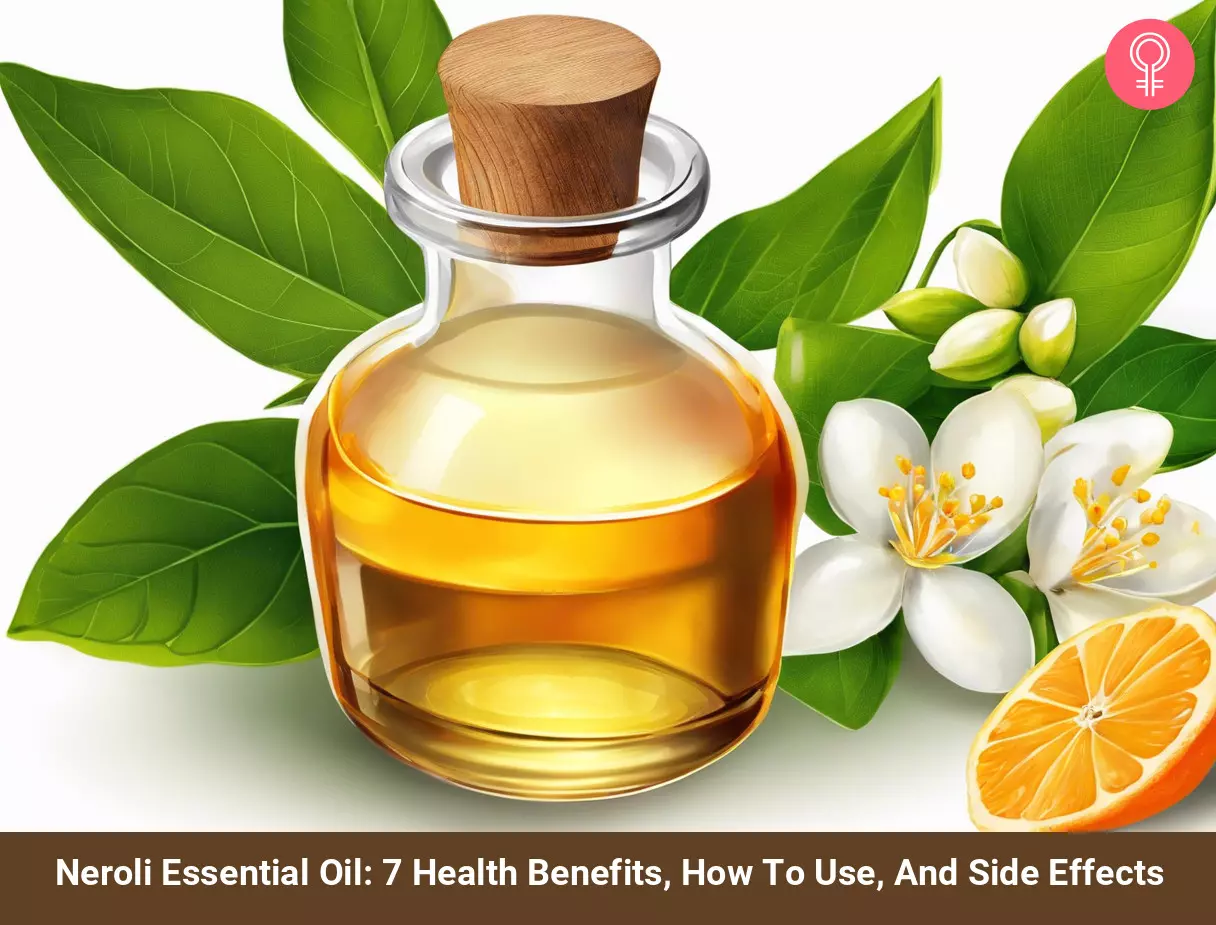
Image: Stable Diffusion/StyleCraze Design Team
Discover the amazing benefits of Neroli Essential Oil! Learn how to use it for relaxation, skin care, and more in the following video.
Personal Experience: Source
StyleCraze's articles are interwoven with authentic personal narratives that provide depth and resonance to our content. Below are the sources of the personal accounts referenced in this article.
i. Neroli Success Story for Hormone Support
https://www.youtube.com/watch?v=iveyd2qSltI
ii. Anti-aging Neroli Essential Oil
https://www.youtube.com/watch?v=Xn4u29QHCyo
References
Articles on StyleCraze are backed by verified information from peer-reviewed and academic research papers, reputed organizations, research institutions, and medical associations to ensure accuracy and relevance. Read our editorial policy to learn more.
- Chemical composition and in vitro antimicrobial and antioxidant activities of Citrus aurantium l. flowers essential oil (Neroli oil)
https://pubmed.ncbi.nlm.nih.gov/24163946/ - Effects of the essential oil from Citrus aurantium L. in experimental anxiety models in mice
https://www.ncbi.nlm.nih.gov/pubmed/16253279 - Anti-amnesic activity of Citrus aurantium flowers extract against scopolamine-induced memory impairments in rats
https://www.ncbi.nlm.nih.gov/pubmed/25367404 - Analgesic and anti-inflammatory activities of Citrus aurantium L. blossoms essential oil (neroli): involvement of the nitric oxide/cyclic-guanosine monophosphate pathway
https://www.ncbi.nlm.nih.gov/pubmed/25762161 - Investigation of the effect of aromatherapy with Citrus aurantium blossom essential oil on premenstrual syndrome in university students: A clinical trial study
https://www.ncbi.nlm.nih.gov/pubmed/30057033 - Effects of Inhalation of Essential Oil of Citrus aurantium L. var. amara on Menopausal Symptoms Stress and Estrogen in Postmenopausal Women: A Randomized Controlled Trial
https://www.ncbi.nlm.nih.gov/labs/pmc/articles/PMC4082953/ - Endothelium- and smooth muscle-dependent vasodilator effects of Citrus aurantium L. var. amara: Focus on Ca(2+) modulation
https://pubmed.ncbi.nlm.nih.gov/27470386/ - Essential oil inhalation on blood pressure and salivary cortisol levels in prehypertensive and hypertensive subjects
https://pubmed.ncbi.nlm.nih.gov/23259002/ - Aromatherapy With Citrus Aurantium Oil and Anxiety During the First Stage of Labor
https://www.ncbi.nlm.nih.gov/labs/pmc/articles/PMC4102991/
Read full bio of Pallavi Jassal
Read full bio of Sindhu Koganti
Read full bio of Ravi Teja Tadimalla
Read full bio of Himanshi Mahajan






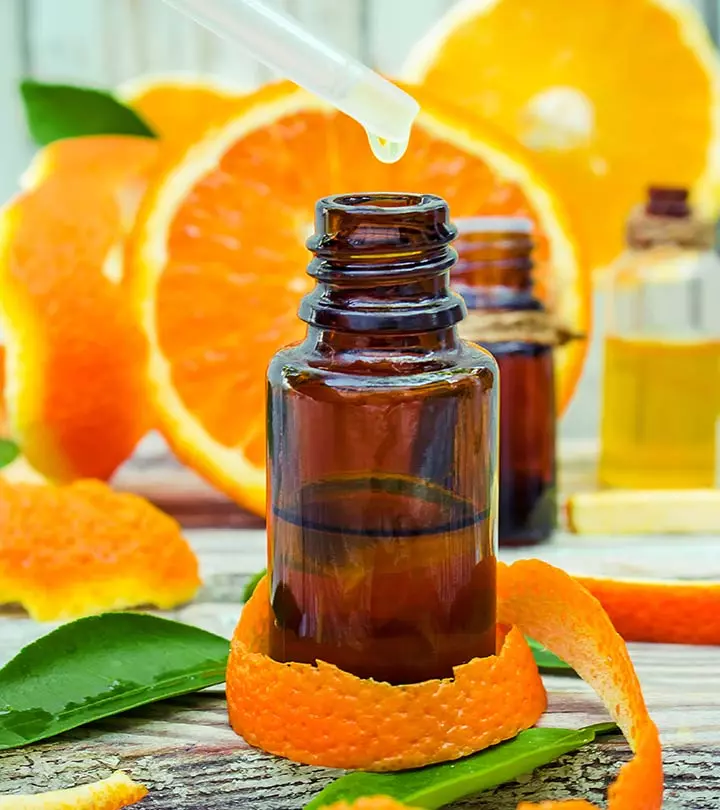
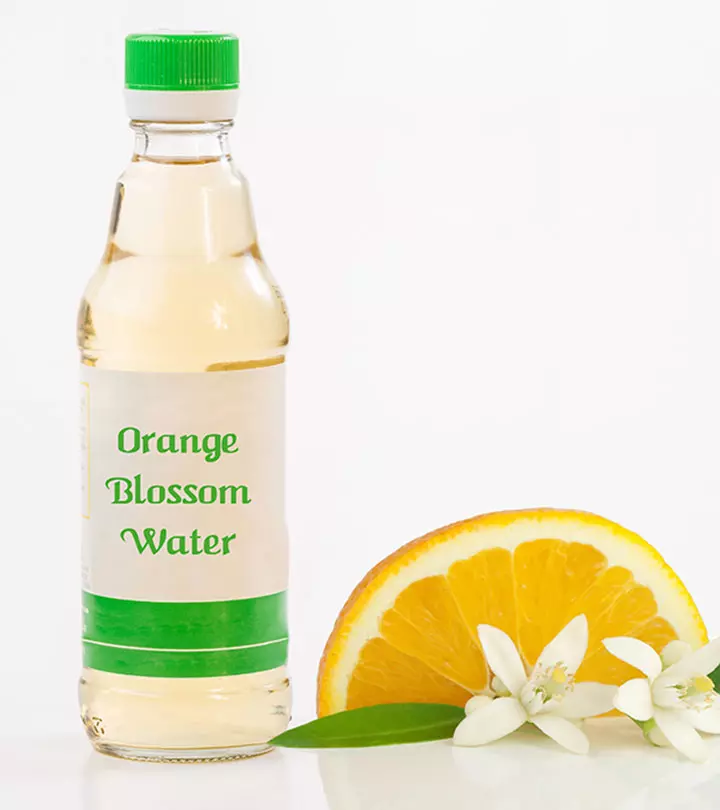
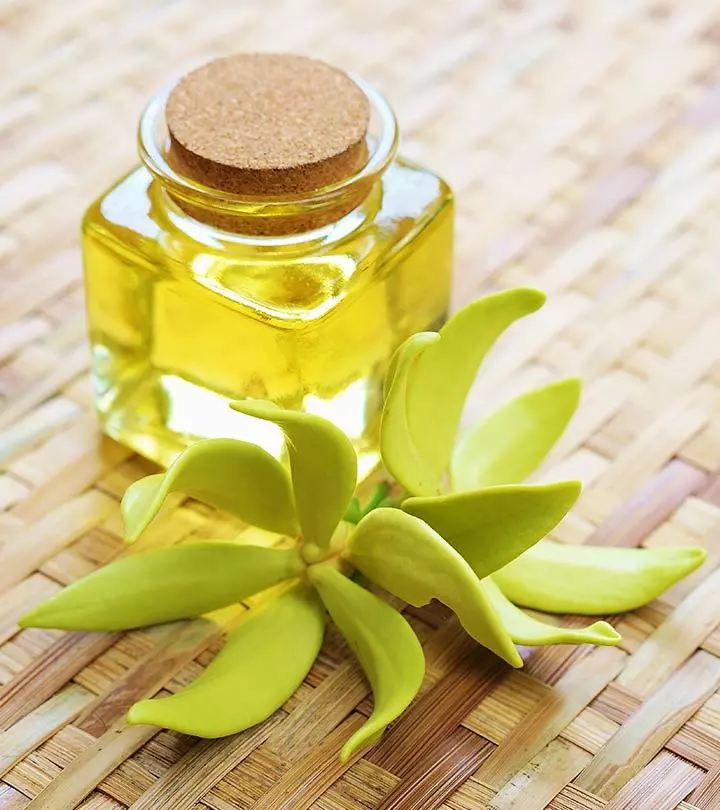

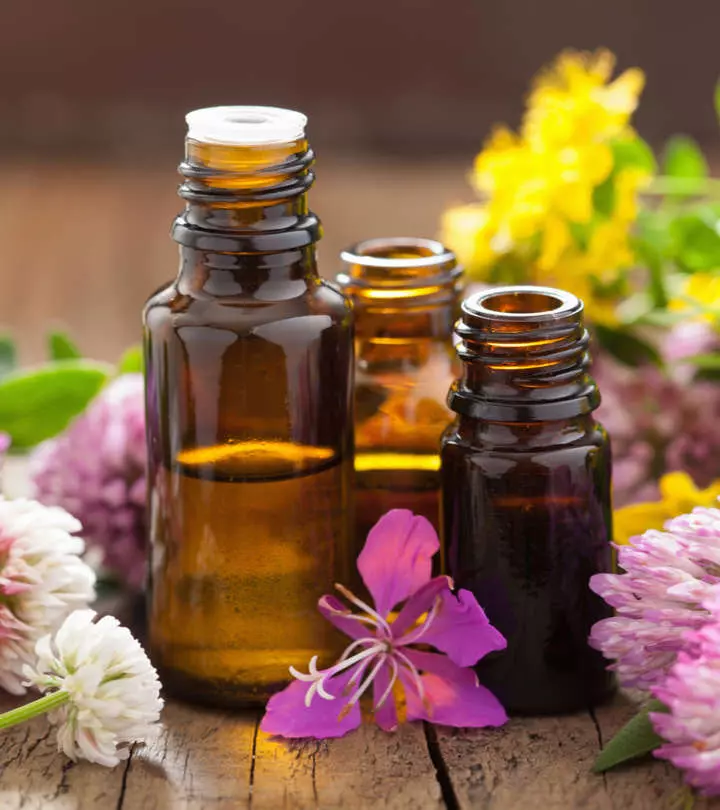


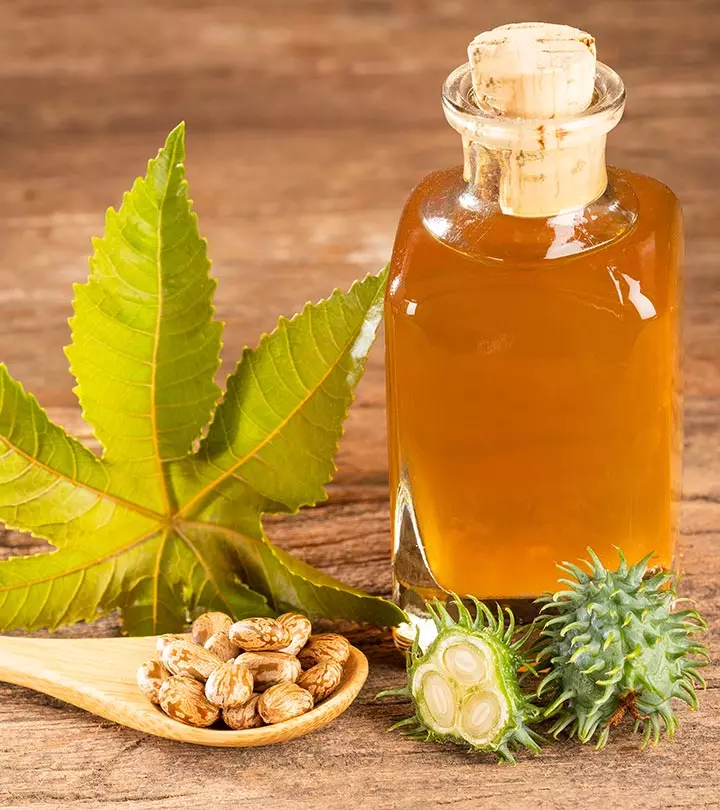
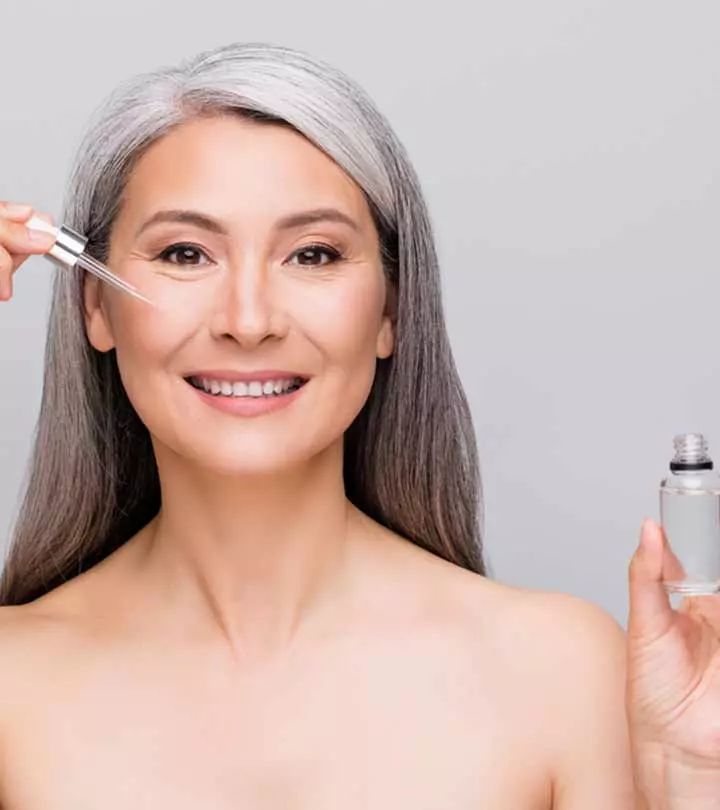

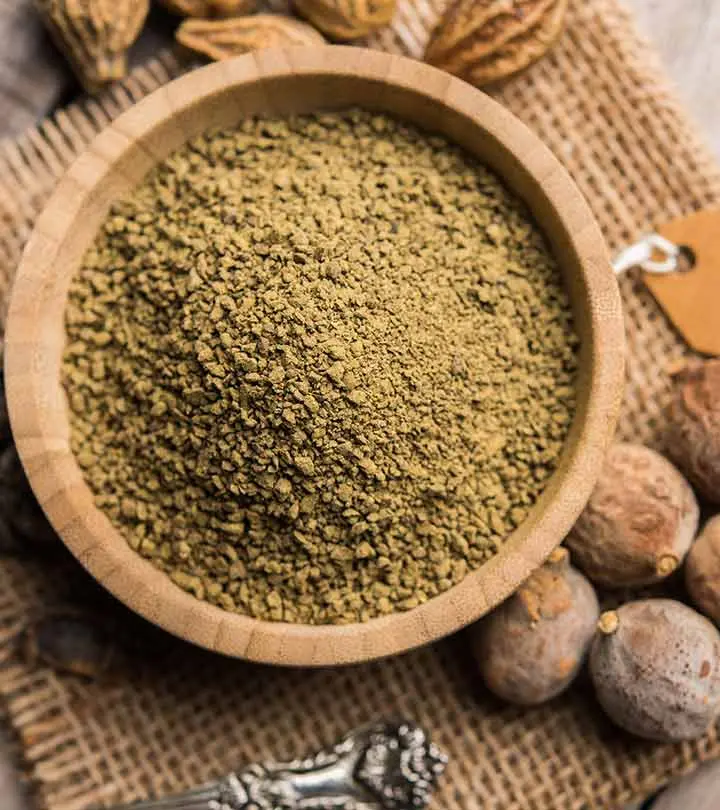


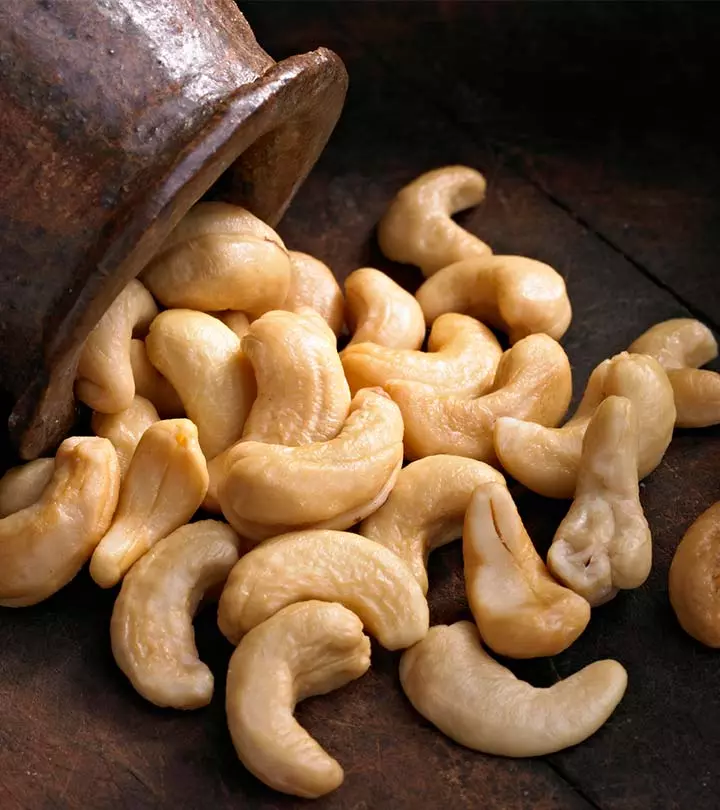
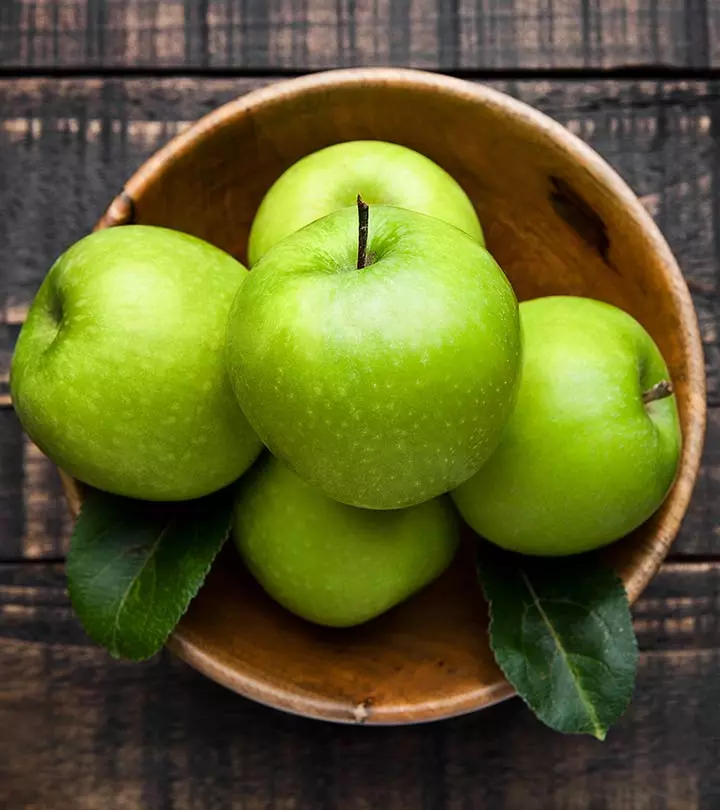



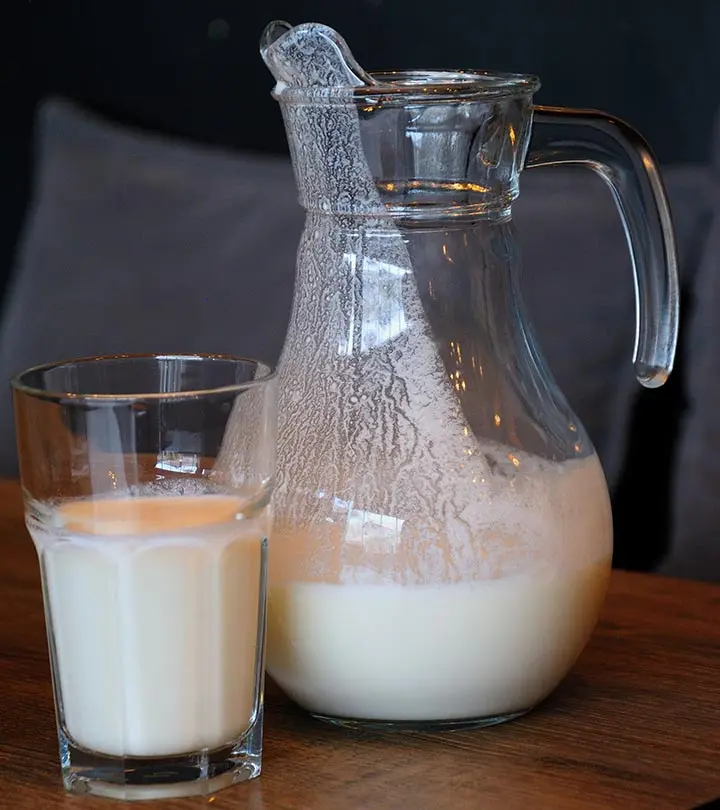


Community Experiences
Join the conversation and become a part of our empowering community! Share your stories, experiences, and insights to connect with other beauty, lifestyle, and health enthusiasts.